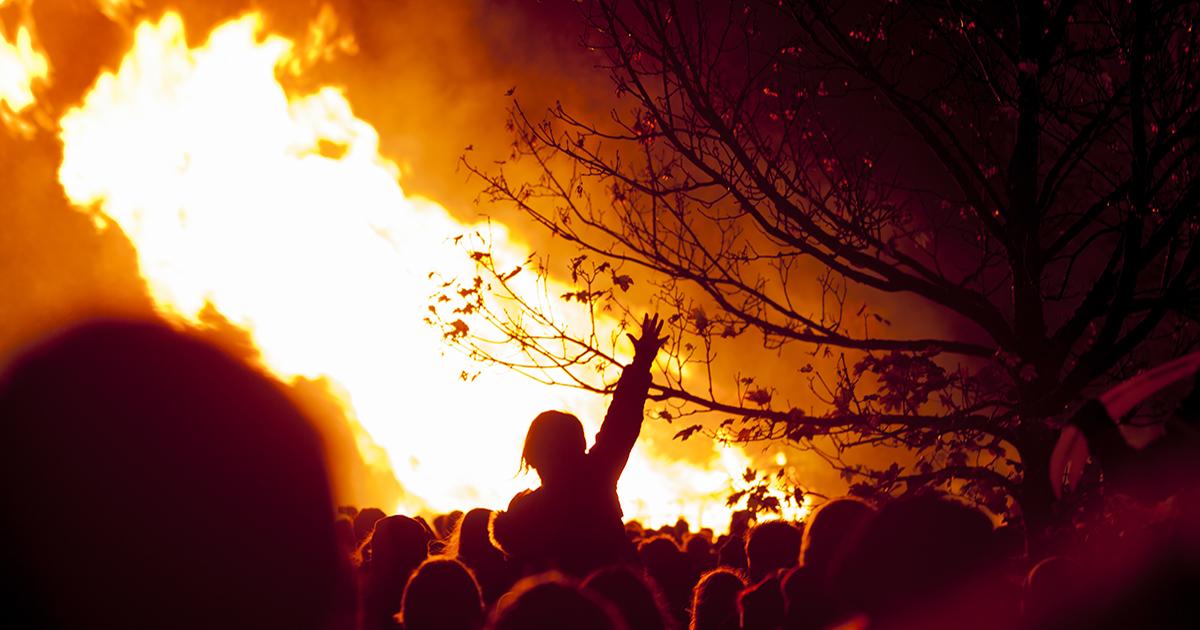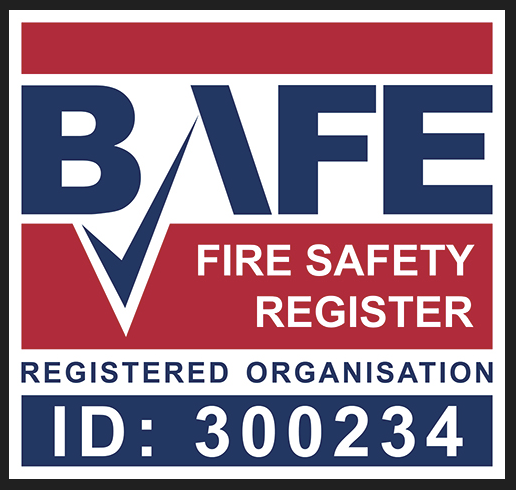Industry Articles
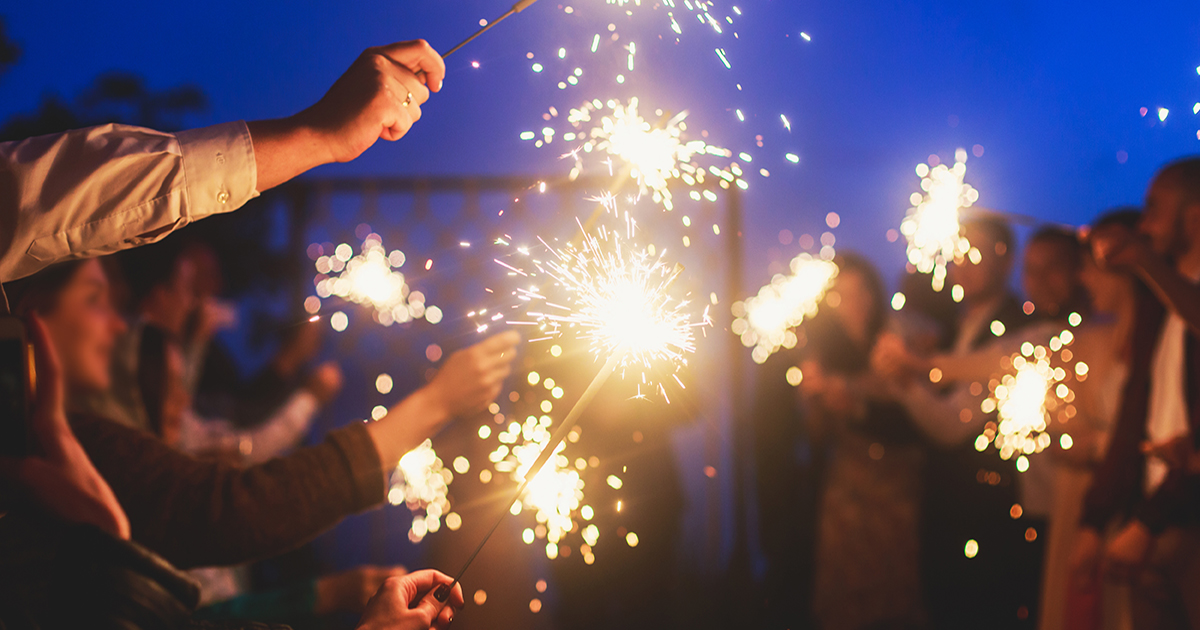
Bonfire Night Safety: Top 3 Considerations
Remember remember the 5th of November. Guy Fawkes Night is upon us and even though sparklers, Catherine Wheels and fireworks are great for entertainment, it’s easy to forget that they’re pyrotechnics with the potential to cause a lot of damage to people and buildings.
Whether you’re attending an organised event or intend to host your own firework night entertainment, knowing how to keep yourself, and others (especially children), safe on bonfire night can be the difference between a fun night or a stay in A&E.
Firework Safety
Here at Dorset Fire Protection, we firmly believe that fireworks should be enjoyed with as many ‘oohs’ and ‘ahs’ as humanly possible. However, to make sure you remain safe around fireworks, it’s important to follow basic safety sense and the Firework Code.
The safest way to enjoy a firework display is to attend a responsibly planned and organised event. At these events, the organisers are responsible for checking the location, weather and wind direction before the event and should make adjustments accordingly. All fireworks should also be purchased from reliable stockists and they must be manufactured to industry and British Standards.
Organised events should also have a ‘safety zone’ beyond the range of the fireworks and bonfire where spectators can stand.
If you’re intending to do fireworks at home, then there are more precautions you need to keep yourself and others safe.
Top firework safety tips:
-
- Ensure you don’t set off fireworks after 11pm.
- Read and follow the instructions on the fireworks.
- Light the firework at arm’s length with a taper.
- Don’t light, or drop, cigarettes close to fireworks. This goes for any naked flames.
- Do not keep fireworks in your pockets.
- Do not throw fireworks in public space. This isn’t just dangerous, it’s actually illegal.
- Don’t direct fireworks at people, pets or buildings.
- Do not go back to a lit firework. If you have lit it, it always has the potential to explode.
- If you purchase your fireworks in advance, keep them out of reach of children in a metal case. Lock it when not using.
Bonfire Safety
Bonfires are large, open fires and act exactly the same as any other fire when given the chance. At an organised event, as mentioned above, planners will have taken precautions to set out a safe area for spectators to witness the flames from. However, attendants should always keep their wits about them and be aware of loose airborne sparks and sudden changes in weather.
If you’re planning to have your own bonfire, it’s time to think about how you can keep yourself and others safe.
Top bonfire safety tips:
-
- Supervise children at all times.
- Choose a site away from wooden fences and sheds. If possible, keep your bonfire away from buildings. If you live in or near homes with thatched roofs, show more precaution.
- Do not pour petrol, paraffin or meths onto a fire. A fire flare-up is unpredictable and can cause way more damage than singed eyebrows.
- Keep a water source close at all times.
- Tie back long hair and avoid loose clothing that flames can catch.
- Extinguish the fire before you leave the area. Never leave flames unattended.
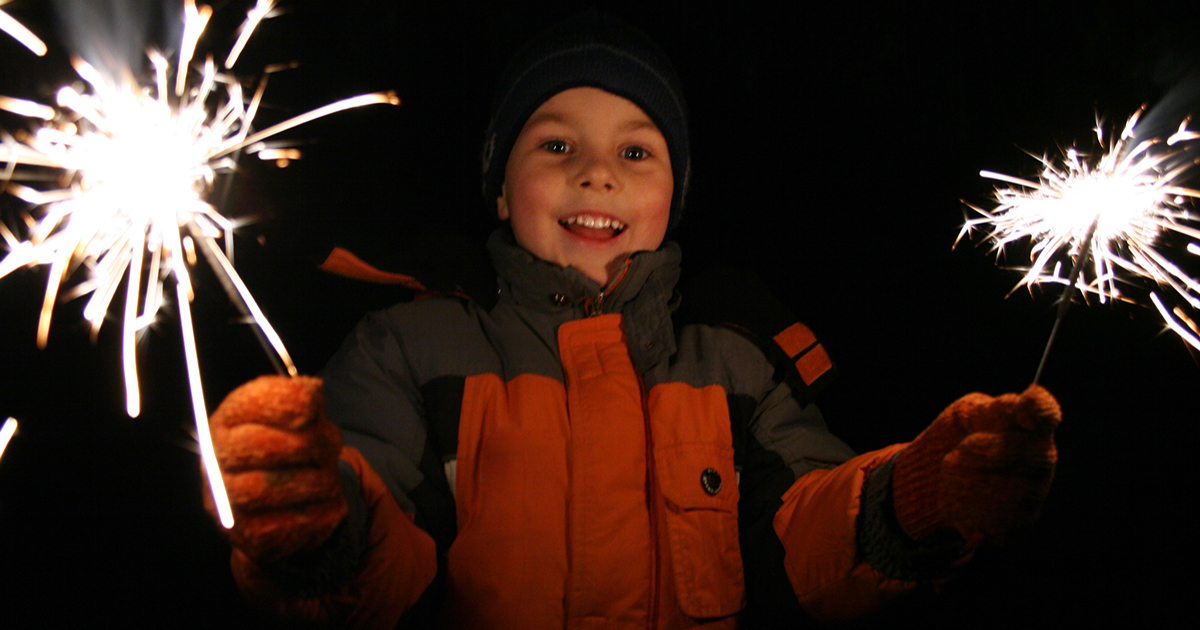
Sparkler Safety
Most people assume sparklers are a pretty harmless way of introducing very young children to participate in firework night festivities. This is not true. A sparkler can reach temperatures up to twenty times the boiling point of water. That’s 2000ºC. Contact or exposure to temperatures above 80º for less than a second can cause severe burns.
However, without being all doom and gloom on a cold November evening, sparklers are really fun for children and adults alike and often what leads to injuries is naivety about the harm sparklers can cause. Making sure you’re prepared and vigilant is the best way to prevent injury.
Top sparkler safety tips:
-
- Never give sparklers to children under five.
- Make sure children wear gloves.
- Hold the sparkler at arm’s length.
- Light them one at a time.
- Only use sparklers outdoors.
- Keep a bucket of water nearby to put the sparklers in—hot end down.
Last-minute bonfire night tips
Animal safety
Animals are naturally fearful of loud noises and it can lead to a huge deal of anxiety and upset on fireworks night. This isn’t just for household pets such as dogs and cats, livestock and horses can also struggle around this time of year.
When spooked, livestock and horses will run anywhere to get away, including through fences which can result in devastating injuries. If you can, plan ahead and make sure your animals are kept safely inside where possible. Provide distractions and familiar stimulus for them to occupy themselves with. Being inside will also help to reduce noise.
Need more information on keeping your animals safe during fireworks?
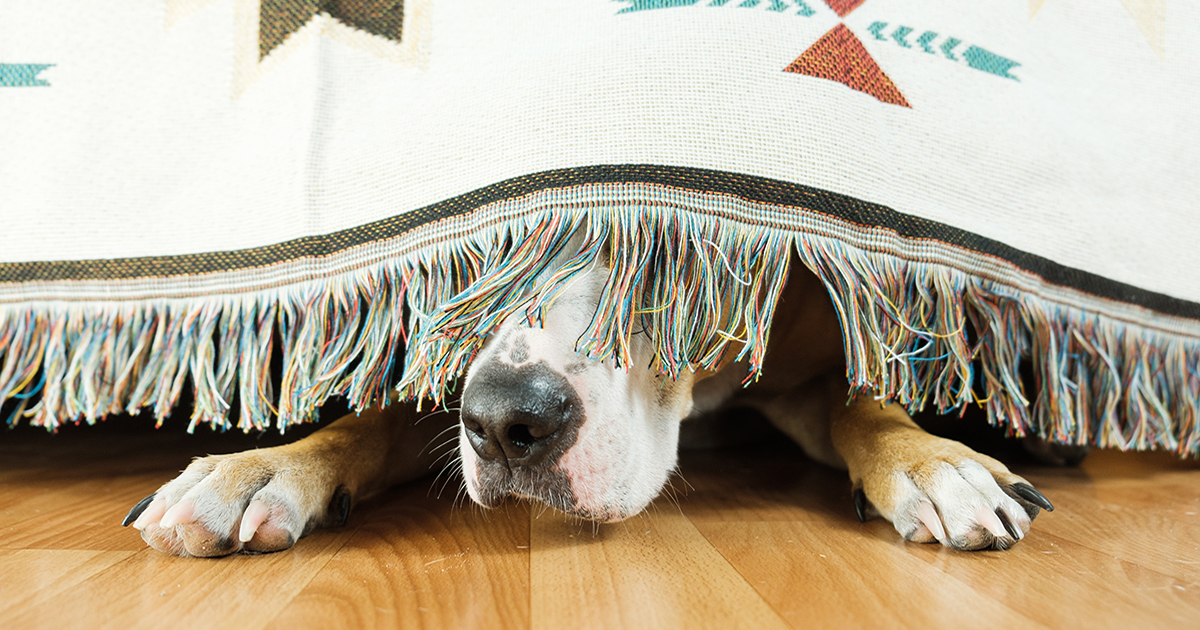
Buying fireworks
You can only buy fireworks (including sparklers) from registered sellers for private use on these dates:
-
- 15 October to 10 November
- 26 to 31 December
- 3 days before Diwali and Chinese New Year
At other times you can only buy fireworks from licensed shops.
If you sell or use fireworks illegally, you can be fined up to £5,000 and imprisoned for up to 6 months. You could also get an on-the-spot fine of £90. Don’t take the risk.
The law for fireworks also only allows those over 18 to purchase or possess fireworks of a Category 2 or 3 specification. Category 4 fireworks may only be purchased by trained professionals. Further information about firework categories and legality can be found in The Fireworks Regulations 2004.
Fire Safety Equipment
At Dorset Fire Protection, we work to provide clients with fire safety equipment all year long so that their businesses and premises are more prepared for emergencies.
Make sure you’re prepared on fireworks night by using our above tips and making sure you’ve always got fire safety equipment on hand.
If you have a fire extinguisher in your home that isn’t L2 or CO2 then you can use it on your bonfire if necessary. Otherwise, always make sure you have a bucket of water or an access point to a hose nearby.

